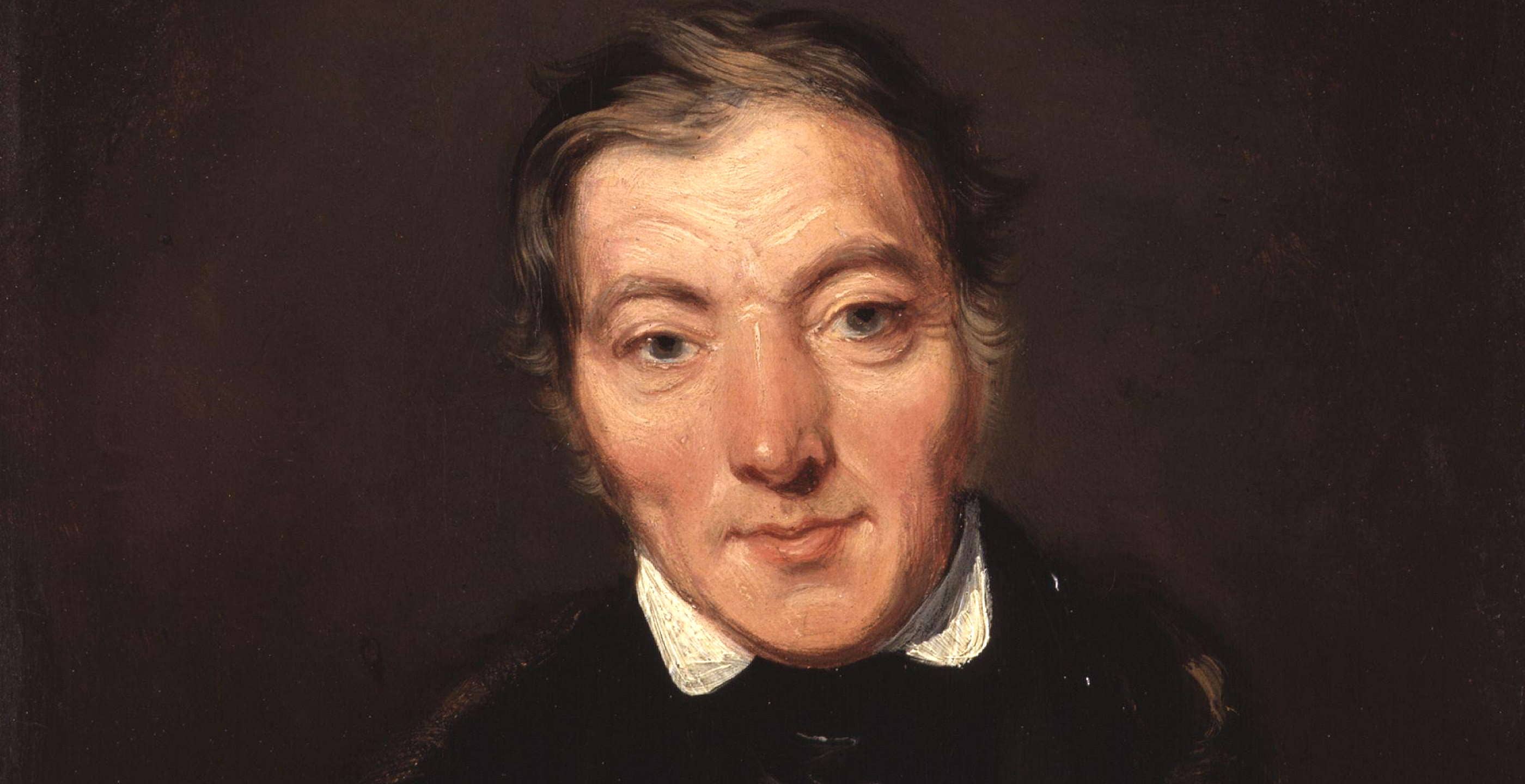Falling in love with a miller's daughter changed the course of his life: Who is Robert Owen?
Robert Owen is a successful capitalist as well as a defender of working-class interests. After working as a manager in a textile factory, he acquires a run-down factory and, having witnessed firsthand the appalling condition of the workers, takes a series of "socialist" measures to improve working conditions.

Robert Owen is an English thinker who lived between 1771 and 1858 and is known for his socialist and reformist aspects.
Robert Owen was born on 14 May 1771 in Newtown, Montgomeryshire, in present-day Wales. Robert Owen, who was educated in the city where he was born until the age of nine, entered a clothier's shop as an apprentice when he was ten years old and settled in Manchester.
Owen, who stood out thanks to his sharp intelligence, was promoted to manager of a cotton processing factory when he was nineteen years old. Owen has also made many innovations in this sector.
During a trip to Glasgow, Scotland, Robert Owen met the daughter of David Dale, the owner of the New Lanark mills, and fell in love with her. Owen, who later took on senior positions in this business, moved to Glasgow and married Miss Dale.
Robert Owen (14 May 1771 – 17 November 1858) was a Welsh textile manufacturer, philanthropist and social reformer, and a founder of utopian socialism and the co-operative movement. He strove to improve factory working conditions, promoted experimental socialistic communities, and sought a more collective approach to child-rearing, including government control of education. He gained wealth in the early 1800s from a textile mill at New Lanark, Scotland. Having trained as a draper in Stamford, Lincolnshire he worked in London before relocating aged 18 to Manchester and textile manufacturing.
Although the conditions of the people working in the New Lanark mills were good by the standards of the period, from a realistic perspective they were not satisfactory at all. Owen, the new manager of the mills, tried to improve the conditions of the workers.
Robert Owen is a successful capitalist as well as a defender of working-class interests. After working as a manager in a textile factory in Manchester, he acquired a run-down factory in the Scottish town of New Lanark in 1802 and witnessed firsthand the appalling situation of the workers and took a series of "socialist" measures to improve their working conditions.
Owen implemented these measures without harming the competitive position of his business; As a matter of fact, this success brought him international fame; This has led to many foreign visitors coming to New Lanark.
Owen expresses this experience he gained and the remedies he proposed against the evils of the industrial age in his book published in 1817. Later, he wanted to establish a socialist community in the town of New Harmony, Indiana but was unsuccessful.
One of the most important figures in the history of cooperatives: Robert Owen
Of all the names associated with the early forms of co-operatives, perhaps the best known is the Welsh socialist and philanthropist Robert Owen (1771–1858).
Owen was an avid reader, a religious skeptic, and a skilled trader. But most importantly for cooperativeism, he was someone who believed that people were responsible for each other's moral and physical well-being. Workers' views on their working conditions, training, and financial situation were one of the foundations of cooperative thought.
Robert Owen had motivation, energy, and integrity. He demonstrated these through a philanthropic enterprise experiment in the cotton mill he owned in New Lanark (Glasgow). He did not advocate profit sharing or the abolition of competition but instead came to expect an increase in the output of his labor force (around 1,800 people) by reducing evil and punishment and improving living and working conditions.
In 1816 he reduced the length of working days from eleven hours and forty-five minutes to ten hours and forty-five minutes. He prepared (but never implemented) shared cooking and eating plans. He was one of the early pioneers of young child education; In 1816 he opened the School for Forming Character, which aimed to “make learning attractive to young minds and to eliminate punishment from education, so as to teach children that their happiness depends on the happiness of others.” In his book A New View of Society, or Essays on the Principle of the Formation of the Human Character (1813–14), Owen called for a national system of education.
